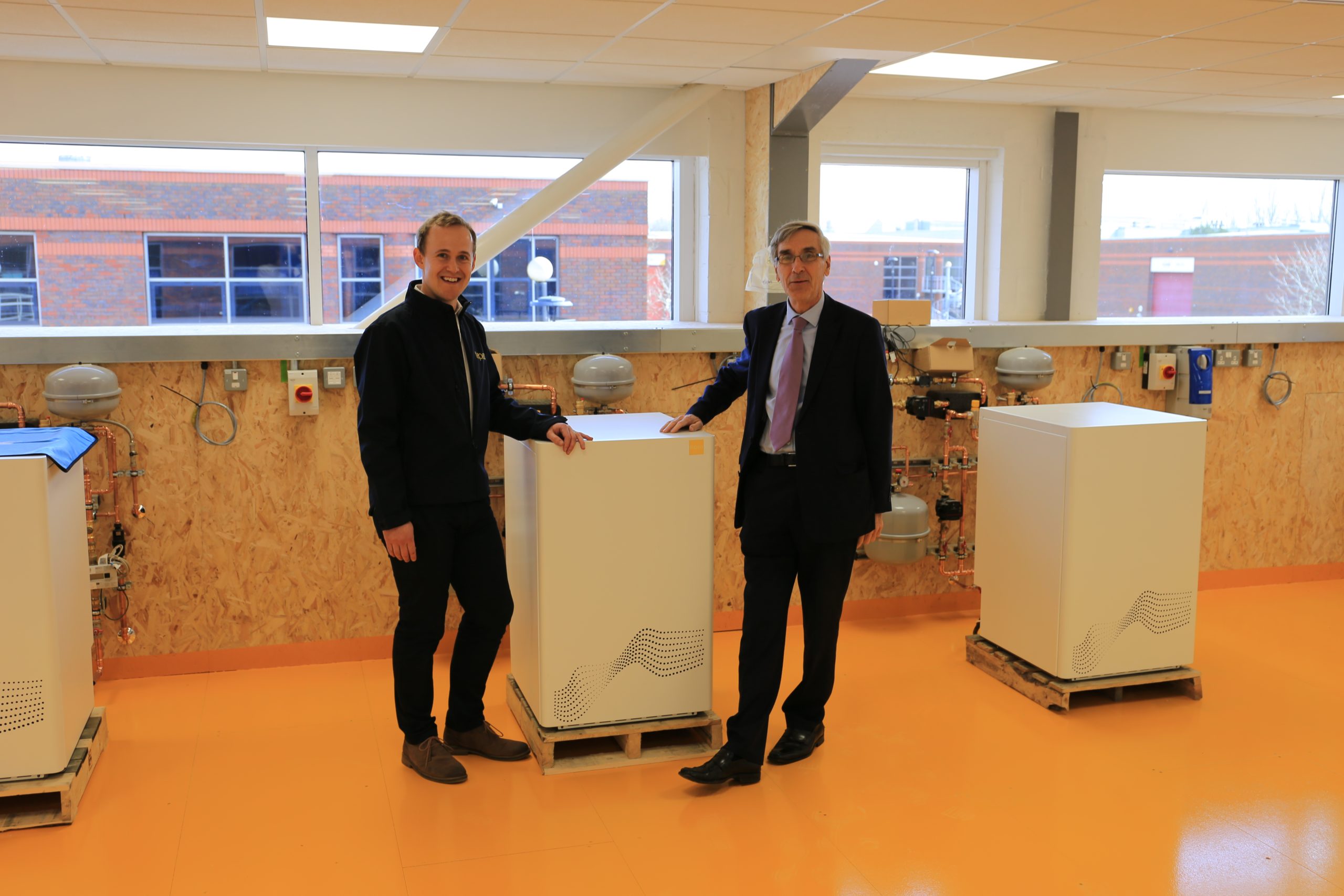The nationalised water industry had a bad record, putting sewage into rivers and the sea. It spent too little on expanding pipe capacity and on replacing old and damaged pipes, as the costs fell on taxpayers. Water lost out in many a public spending battle under Labour, Conservative and Coalition governments pre 1989. The UK had sewage strewn beaches in the last century as well as dirty rivers.
Privatisation freed the industry to raise new capital, shares and debt. The Regulator limited the amount the companies could spend on new investment and imposed price controls on what they could charge.Progress remained fairly slow in renewing and expanding the system, though more was spent than under nationalisation. Substantial sums were freed through the sale of new shares and extra long term loans. The rapid escalation in inward migration under Labour from 1997, and the further large increase this Parliament added to the need for more capacity.
Thames Water is 51% owned by the Ontario Municipal Pension Fund and the UK Universities Pension Fund. Other minority shareholders make up the mix.
The Company has undertaken substantial investment in recent years, stepping it up to £1.77bn in 2022-23 alone. It has not paid any share dividends to its external shareholder owners since 2017, ploughing back as much money into investment as possible. It has also taken out large borrowings to finance new pipes. Debt now adds up to £14 bn.
Thames provided a breakdown of how it spends each pound of receipts in 2022. 46 p is spent on new infrastructure. 19 p is spent on operational costs and 15 p on employees.7 p is spent on energy, 5 p is paid in tax and 8 p is paid to lenders as interest on the debts.
Labour has said it does not recommend nationalising it. The government have no plans to nationalise it. It would be difficult to increase investment spend as people want were it nationalised given the extra strain that would impose on state budgets.Whether nationalised or privatised the decision is the same. Should Thames be allowed to put up its prices more to speed up and increase its investment or not? I will look at the available options for Thames in a future blog.

